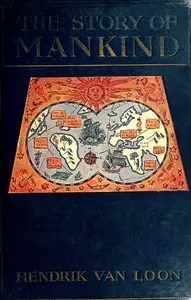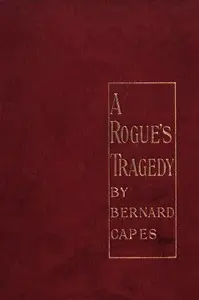"Volcanic Islands" by Charles Darwin is a scientific account from the mid-1800s that documents Darwin's geological discoveries made during his voyage on the HMS Beagle, with a focus on volcanic islands. This book is a scientific exploration of geological formations and phenomena as it relates to the natural processes that shaped the unique ecosystems located on volcanic islands. Darwin's observations begin with St. Jago in the Cape Verde Islands, where he describes the geological formations, various types of volcanic rock, and its rich biodiversity with great detail. He recalls how his geologic studies and the exciting serendipity transformed him, leading him to develop an interest in geology. Readers who are interested in geology and the natural sciences will find original insights into the structure and evolution of these volcanic island ecosystems.

Volcanic Islands
By Charles Darwin
Embark on a journey to volcanic islands, where geological formations, volcanic rock types, and rich biodiversity intertwine, offering unique insights into the structure and natural processes that sculpt these unique ecosystems.
Summary
About the AuthorCharles Robert Darwin was an English naturalist, geologist, and biologist, widely known for his contributions to evolutionary biology. His proposition that all species of life have descended from a common ancestor is now generally accepted and considered a fundamental scientific concept. In a joint publication with Alfred Russel Wallace, he introduced his scientific theory that this branching pattern of evolution resulted from a process he called natural selection, in which the struggle for existence has a similar effect to the artificial selection involved in selective breeding. Darwin has been described as one of the most influential figures in human history and was honoured by burial in Westminster Abbey.
Charles Robert Darwin was an English naturalist, geologist, and biologist, widely known for his contributions to evolutionary biology. His proposition that all species of life have descended from a common ancestor is now generally accepted and considered a fundamental scientific concept. In a joint publication with Alfred Russel Wallace, he introduced his scientific theory that this branching pattern of evolution resulted from a process he called natural selection, in which the struggle for existence has a similar effect to the artificial selection involved in selective breeding. Darwin has been described as one of the most influential figures in human history and was honoured by burial in Westminster Abbey.



















